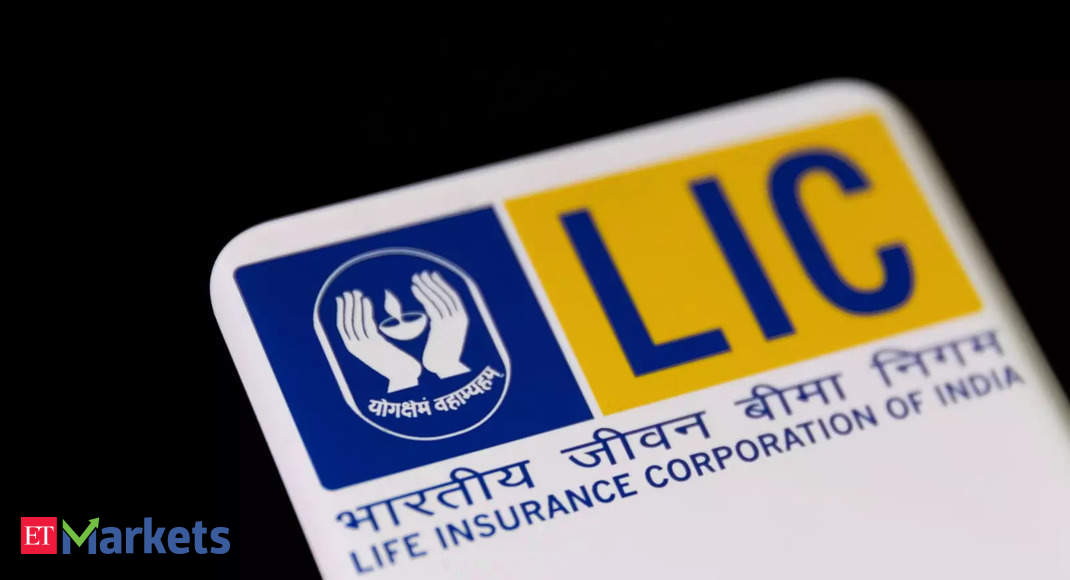The lock-in period for shares allotted to anchor investors will be 30 days until June 30 for public issues exceeding ₹10,000 crore, the regulator said.
Sebi had recently tightened norms for anchor investors, stipulating that for public issues of a size less than Rs 10,000 crore and opening on or after April 1, 50% of the shares allotted to anchor investors would be locked in for 90 days and the remaining would have a 30 day lock-in period. However, for public issues of a size more than ₹10,000 crore, the new rule on anchor investors would have only been effective from July 1. Before April 1, shares allotted to anchor investors in an IPO were subject to a 30-day lock-in.
Bankers and lawyers said the latest move is aimed at making more attractive for institutional investors to participate in the LIC share sale. Bids for anchor investors will open on May 2. The public offer will run from May 4 to May 9. The government aims to raise ₹21,000 crore through the sale of a 3.5% stake. The issue has been priced at ₹902-949 per share with a discount of ₹45 for retail investors and ₹60 for policyholders. LIC’s valuation has been pegged at ₹6 lakh crore.
“Anchor investors and high net-worth individuals participating in NII (non-institutional investor) category are major subscribers in an IPO and their participation is also critical to inspire retail investors’ confidence in the public issue,” Sebi had said in an internal note at its board meeting on March 29. “Anchor investors commit moneys upfront to the issuer and thereby provide an indication of price and help to improve the price discovery of the issue during IPO.”
“The role of anchor and NII category in helping price discovery as well as encouraging subscription is all the more significant in case of large issues,” Sebi had said. According to feedback from the market and investment bankers, institutional and non-institutional investors are wary of committing fresh investments in new public issues, it said.
“The difficulty to have such investors on board for an issue is much higher for large public issues given the current volatile geo-political situation,” the Sebi board note had said.

